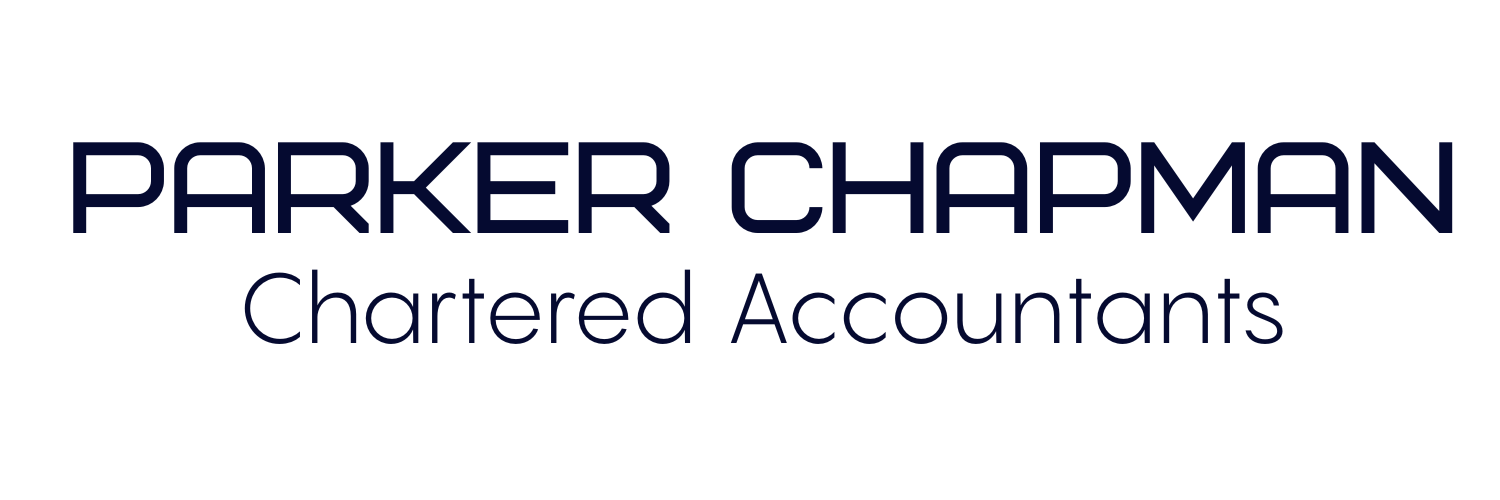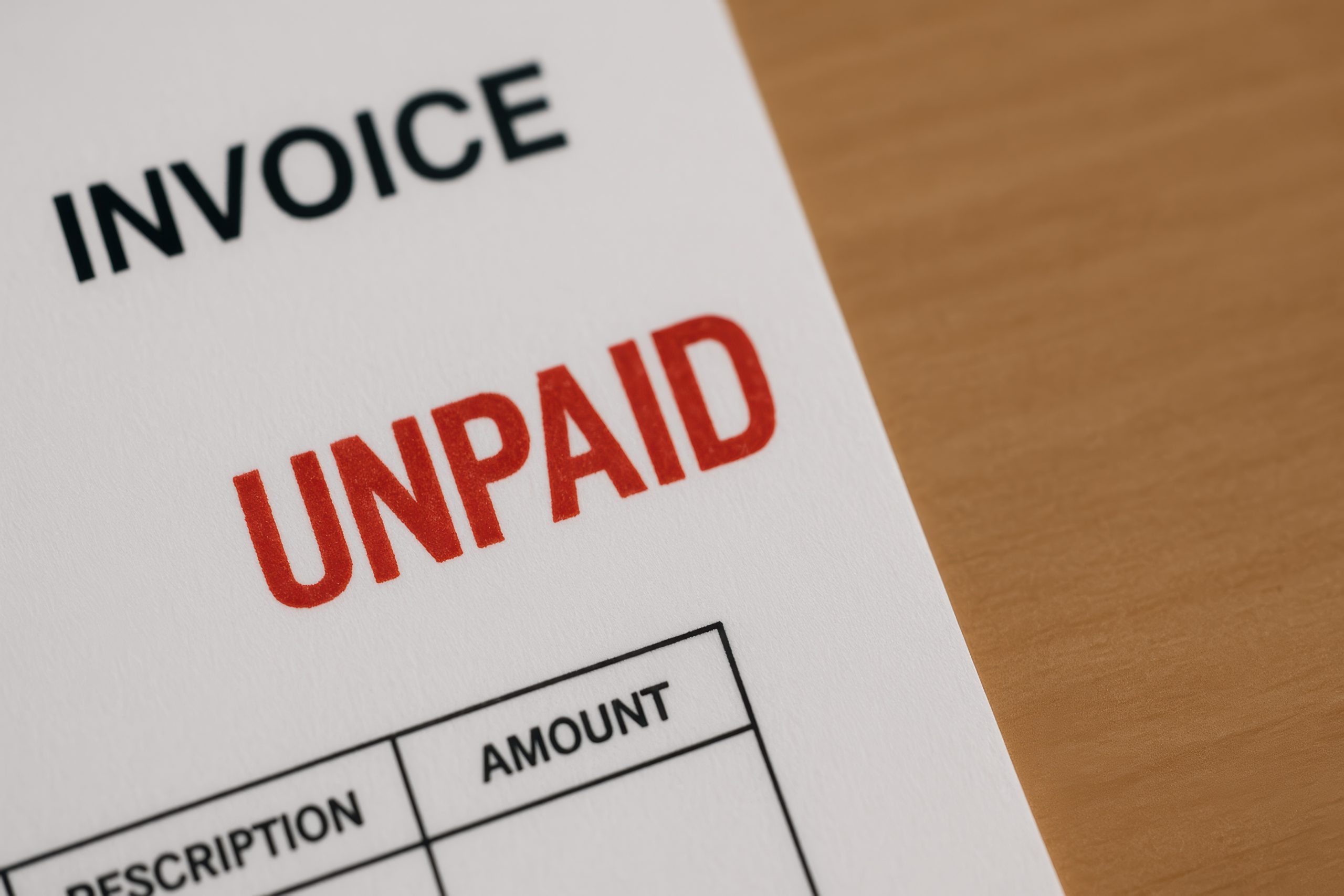A practical guide for small charities, non-profits & CICs
We all know that managing cash flow in a small charity or non-profit isn’t easy. You may only process payments once a month, Trustees might need to approve every transaction, and funders don’t always pay on time. So, naturally, you might want to ask your suppliers for 30-day payment terms – or you might just assume it’s OK to apply them.
But here’s the catch:
You can’t just change a supplier’s payment terms without their agreement.
If you do, it could land you in legal or reputational trouble, or both.
I often hear charities say that the reason they pay within 30 days is to manage their cash flow, but paying suppliers late is not cash flow management.
Taking full advantage of credit terms when they are offered is good cash flow management, but this is entirely at the discretion of your suppliers.
Payment Terms Are a Contract
When you buy goods or services, you enter into a contract – even if it’s informal. That includes the payment terms set by the supplier, such as “7 days from invoice date.”
It is the supplier who decides whether to offer credit terms not the purchaser of the goods or services.
You can’t just decide to pay in 30 days unless the supplier agrees. Adding “30-day terms” to your purchase order doesn’t override the original contract.
The Law: Late Payment of Commercial Debts Act 1998
Under the Late Payment of Commercial Debts (Interest) Act 1998, your supplier has the legal right to:
- Charge statutory interest (currently 8% above the Bank of England base rate) from the due date of the invoice up and including the date of payment
- Claim reasonable debt recovery costs – including fixed debt recovery charges ranging from £40 to £100 per invoice depending on the value of the invoice (which includes VAT if applicable)
- Pursue late payment through formal legal channels e.g. a debt collection agency or the small claims court which will end up being much more expensive for you
These rights apply automatically, even if the invoice doesn’t mention them. Small suppliers often rely on this legal protection to stay afloat.
In the UK, while there’s no fixed legal maximum on how long payment terms can be, there are statutory limits for fairness—especially under the Late Payment of Commercial Debts (Interest) Act 1998 and aligned with EU Directive 2011/7/EU, which still influences UK practice post-Brexit.
If no payment term is agreed in writing, the law defaults to:
1. Default Payment Term: 30 Days
- 30 days from the invoice date or the delivery of goods/services.
2. 60-Day Maximum for Public Sector Payments
- UK public authorities (e.g. councils, NHS, schools) must pay within 30 days.
- They cannot agree to terms longer than 30 days, except in very specific, justified cases.
- These rules are legally enforceable and set out in Public Contracts Regulations 2015.
3. 60-Day Limit Between Businesses
While businesses (including charities and non-profits/CICs) can agree longer terms, they must not be:
- “Grossly unfair” to the supplier, especially small businesses.
- Under EU-inspired guidance, terms longer than 60 days are presumed unfair, unless explicitly agreed and justified.
What counts as “Grossly Unfair”?
Under the Act and supporting case law:
- Imposing excessively long payment terms on small or vulnerable suppliers
- Failing to provide clear reasoning for delayed terms
- Taking advantage of market dominance
… could all be seen as grossly unfair and challenged legally.
What Could Go Wrong?
A lot actually!
Paying late – or applying new terms without agreement – can:
- Damage your reputation as a charity or non-profit/CIC
- Lead to additional charges or interest
- Cause a supplier to refuse future work
- Result in formal complaints or legal action
This is especially risky if you’re working with freelancers, sole traders, or small businesses who can’t afford to carry late payments.
Why 30-Day payment terms may not work for your suppliers
Many of the suppliers you rely on – e.g. graphic designers, event staff, venue hire, consultants – are self-employed and/or operate on tight margins.
They may:
- Need upfront payments for materials or staff
- Be working on small, one-off jobs where cashflow matters
- Use industry-standard terms (like 7–14 days)
So even if 30 days feels reasonable for you, it may not work for them.
Your internal challenges are not their responsibility
We know small charities and CICs often deal with:
- Monthly payment runs
- Trustee sign-off processes
- Delays in receiving restricted or grant-based funding
But those are your internal challenges, and not a valid reason to break the agreed contract. Good governance means being upfront and respectful in financial dealings.
What you can do
If 30-day terms are essential to your cash flow/internal process restrictions, here’s how to approach it fairly:
1. Negotiate Up Front
Before confirming a service or ordering goods, ask:
“Would you be willing to accept 30-day terms? We process payments monthly.”
If they say no, respect their decision.
2. Be Honest About Your Internal Process
Transparency builds trust. Let suppliers know upfront how and when you pay – and stick to it.
3. Offer a Deposit
A 50/50 arrangement (half upfront, half on completion) often works well for both sides.
4. Improve Internal Timelines
Streamline board sign-offs or batch approvals to avoid unnecessary delays. Consider implementing weekly payment runs.
5. Pay Promptly
If you agree to 7-day terms, pay within 7 days. Prompt payment makes future negotiations easier.
Respecting suppliers = living your organisation’s values
Your suppliers support your mission – whether it’s printing and delivering flyers for a campaign or baking cakes for a fundraiser. Paying them fairly and on time reflects your values as a community-focused, ethical organisation.
Summary
Don’t change supplier terms without agreement.
Not only is it unfair—it may be illegal under UK late payment legislation.
Always communicate, negotiate, and honour the contracts you make. It keeps your operations smooth, your suppliers happy, and your organisation credible.
REMEMBER even though your organisation may be mission-driven:
- You are still subject to the same rules as private businesses
- If you delay payments without agreement, or impose long payment terms without just cause, you risk legal action and reputational damage.


Leave a Reply